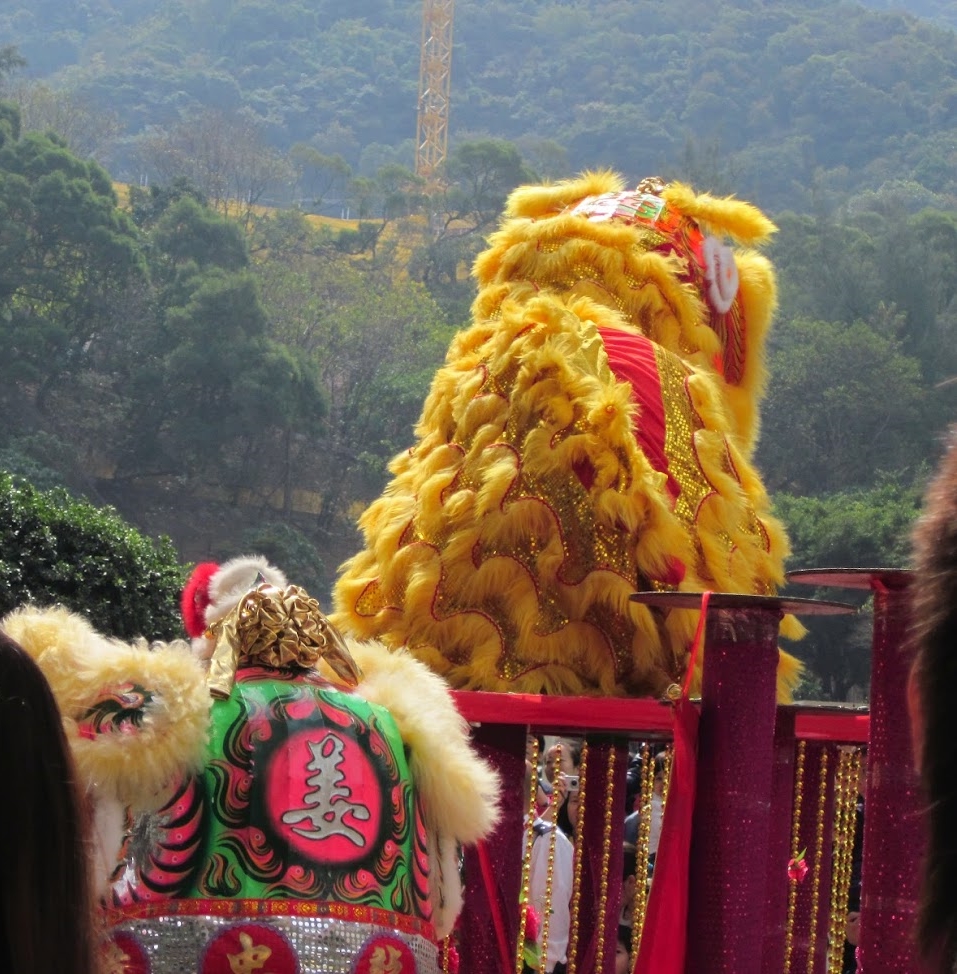Over the last few years, the status of Lunar New Year, an East Asian cultural holiday marking the beginning of a year on the traditional Chinese lunisolar calendar, has been a subject of discussion in school districts both across the country and within Massachusetts. In the Wellesley Public Schools, it is acknowledged and celebrated, but not as an official day off.
Because of its importance to a substantial part of the Wellesley community and the existing precedent of non-secular holiday observances in the school district, Lunar New Year should be a school holiday.
Under Massachusetts state law, all public institutions, including public schools, must be closed for twelve statutory holidays. Beyond these requirements, the state also grants individual school districts the ability to determine further school vacation days, as long as the 180 school day requirement is met.
For Wellesley, this has mostly come in the form of extensions of vacations around Thanksgiving, Christmas, and other major breaks. However, to accommodate Jewish students and faculty members, Wellesley Public Schools also recognizes a pair of Jewish religious holidays, Rosh Hashanah and Yom Kippur.
Like Jews, Asians account for a large part of Wellesley’s population and student body. According to estimates by the US Census Bureau, approximately 12.4% of Wellesley identifies themselves as Asian by race, more than twice as much as the percentage of Asians nationwide, many of whom celebrate some form of Lunar New Year. In the Wellesley Public Schools, Asians comprise 14.4% of the total student body.
By this same standard, in order to accommodate the prodigious mid-winter workload of East Asian students and faculty when Lunar New Year is observed, especially in comparison to the lighter workload of early fall, generally when Rosh Hashanah and Yom Kippur are observed, Wellesley Public Schools should give students a day off for Lunar New Year. While Massachusetts law may already give provisions for students to make up their work without penalty during religious or cultural observances, the burden of compensating for missed work compounded with trying to continue with the curriculum still leads to an adverse impact on students.
Making Lunar New Year a holiday is certainly not without precedent. In 2016, New York City Schools made the decision to make Lunar New Year a day off in order to respect approximately ⅛ of New York City residents being of Asian descent. Nor is this issue limited to a national level, with nearby towns like Hopkinton, which has an 11.4% Asian population, adding Lunar New Year as a school holiday for next year.
With these national and local changes in mind, Wellesley, having a very similar percentage of Asians to Hopkinton and New York City, has all the more reason to follow suit; thus, there remains both a necessity and a precedent for making Lunar New Year a holiday.

